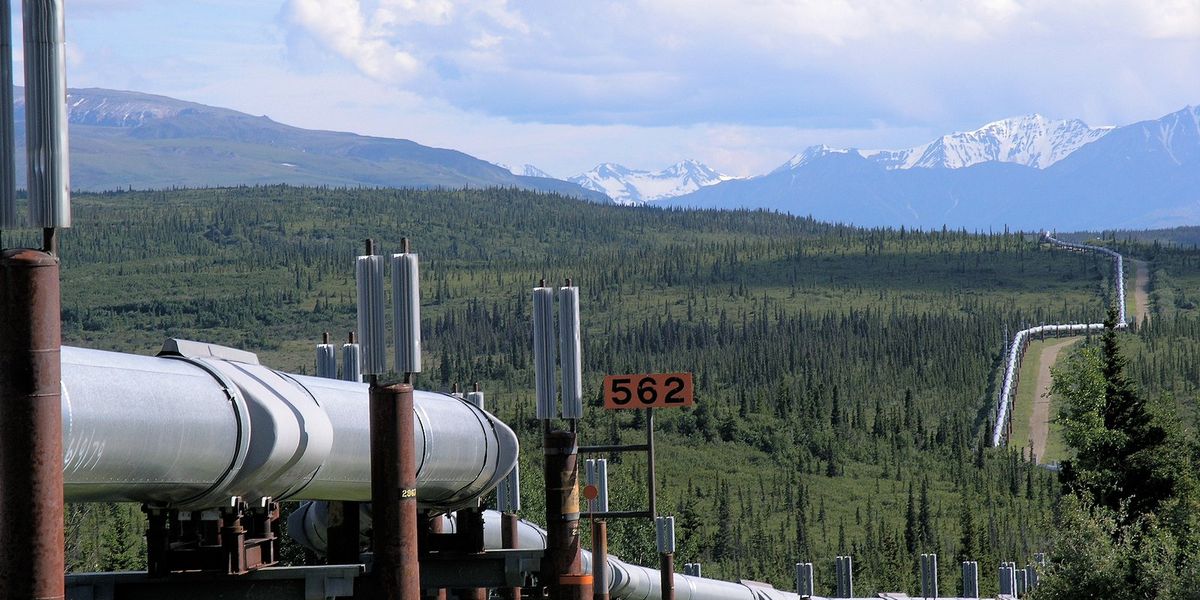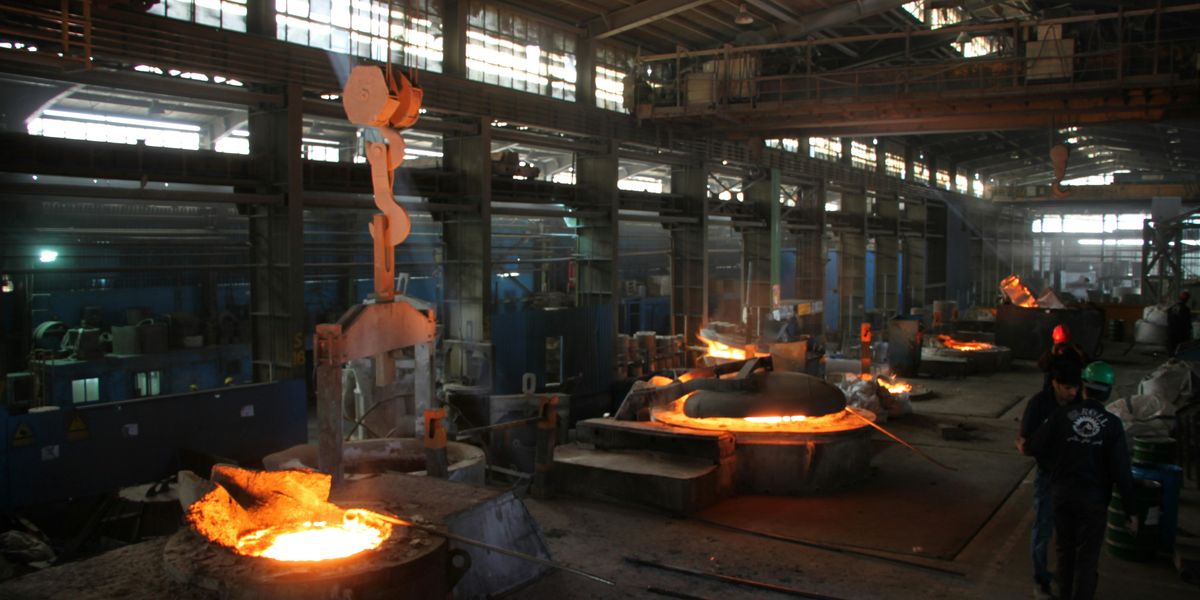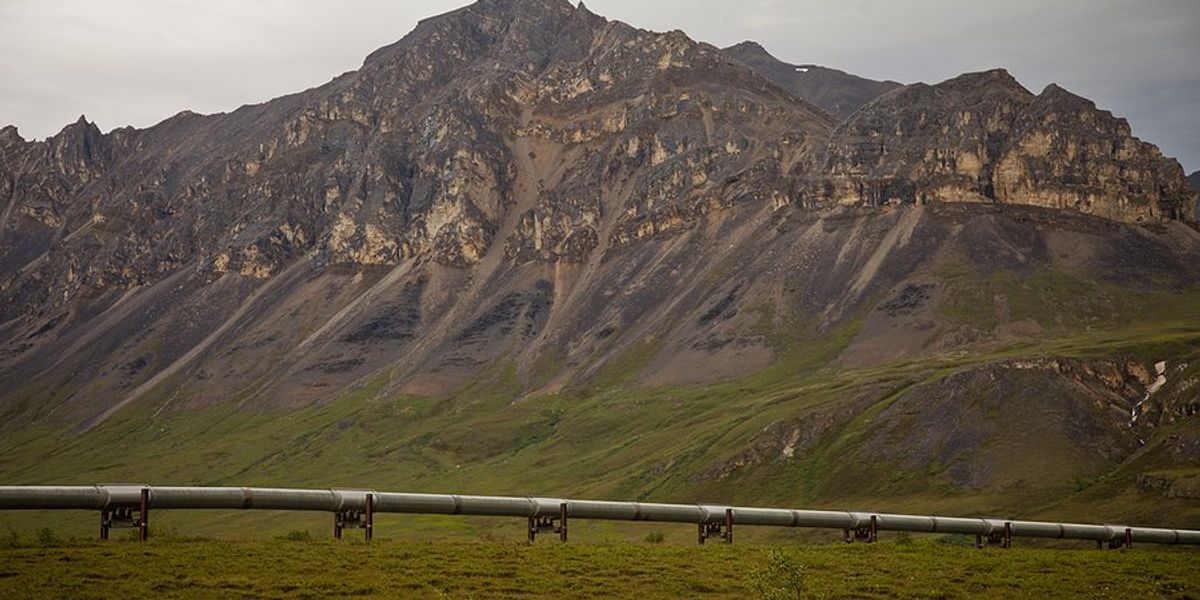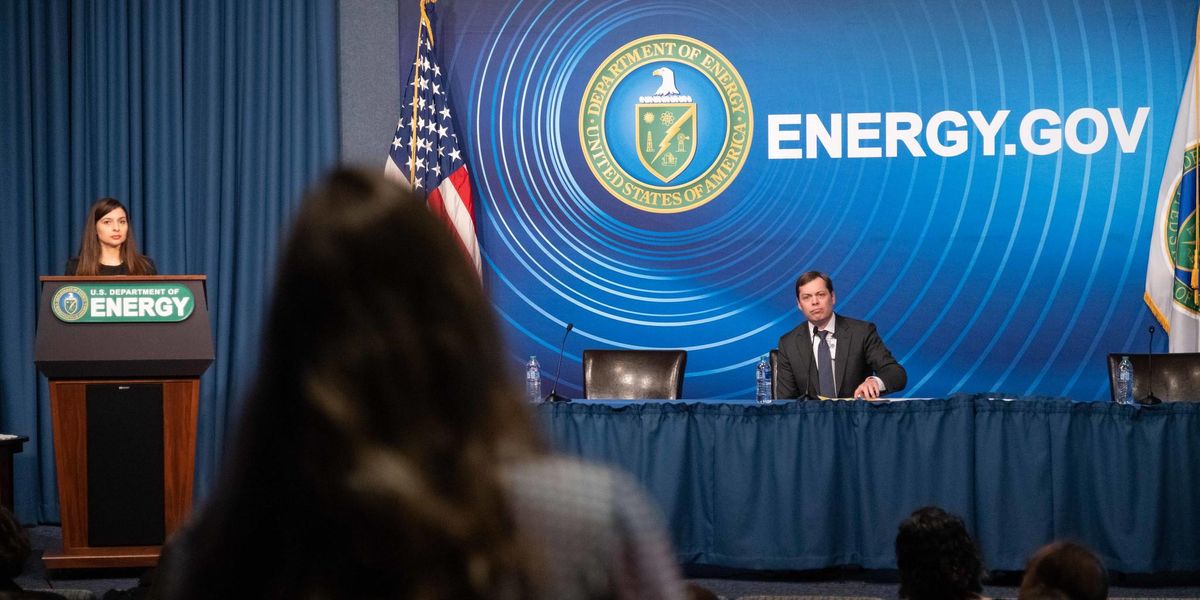
Some parting thoughts from Peter Dykstra
Some good news — and a goodbye from our favorite columnist.
Here are three examples.
Fusion
Fusion? How cool is that? The Holy Grail of energy production may actually be taking its first credible steps forward. It’s been 33 years since the last big fusion announcement, and that one turned out to be a whopping, top-to-bottom hoax by a pair of grifting college professors.
This time, with the imprimatur of the U.S. Department of Energy, it seems more real but decades off. And rightfully, not without skeptics. Remember when fracking was hailed as a “bridge fuel?”
Declining denial
Some key Republicans may be showing signs of melting on the party’s strict and monolithic climate denial. Even Kevin McCarthy, whose brazen chase of the House Speaker’s chair has seen him kowtow to the farthest right elements of the GOP, is said to be open to at least discussing carbon reduction – as long as we can drill, baby drill.
Brain breakthroughs
There are precious few of us whose families haven’t been touched by Alzheimer’s. Recent headlines suggest breakthroughs in both understanding and treating this scourge (usual skepticism applies).
So, amidst the wildfires. bomb cyclones, cancer clusters and pandemics, the hope is out there. But you can address the problems until somebody figures out what they are.
A goodbye
It’s been 27 years since Pete Myers co-wrote the book that brought wide attention to endocrine-disrupting chemicals. Since then, the news and science sides of his operation have helped bring to light emerging problems like bee-killing neonicotinoid pesticides, BPA, phthalates, glyphosate and many more, while training a generation of environmental scientists.
EHN’s recent journalism has focused on the spreading problems associated with that “bridge fuel” from fracking, and the enormity of the plastics problem.
This is my last column on my last weekend after eleven and a half years at Environmental Health News and The Daily Climate.
These sites were two of Pete Myers’ many brilliant ideas, and they still are. Thanks to Pete, Douglas Fischer and the whole team for allowing me to continue to be hell on wheels for the past 5 and half years. But the world is changing and I’m already a little past the standard retirement age.
I’m proud to have had a hand in hiring Brian Bienkowski, our superb editor. He in turn had a hand in hiring Kristina Marusic, who has turned out to be a star reporter.
Sorry to see me go? I strongly suggest you send a message to these folks by donating to them. If, on the other hand, you’re happy to see the end of my weekend bloviating, I strongly suggest you send a message to these folks by donating to them. The news we deliver and the science behind it is only going to get more important. And more prescient.
I’ll still be doing my public radio stuff with Steve Curwood on Living On Earth, so listen for me there. Or reach me on Twitter, such as it is these days, at @pdykstra or email peterdykstra@comcast.net.
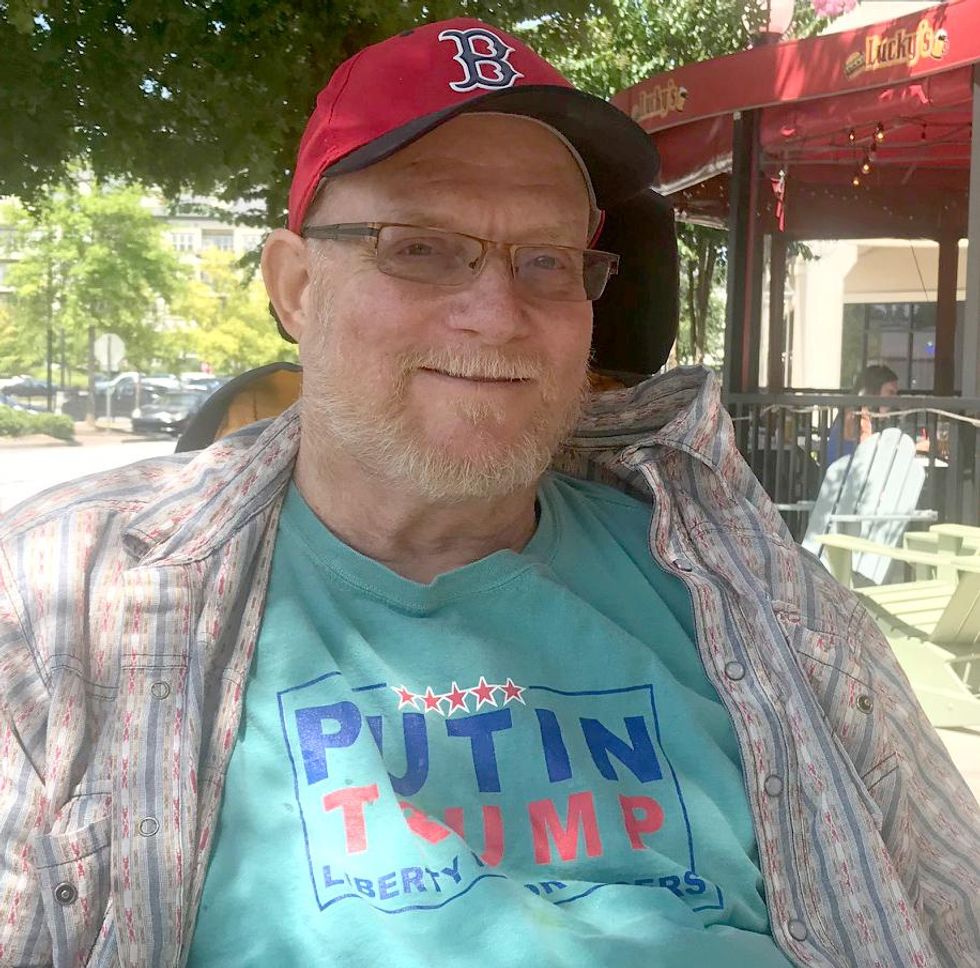 Peter Dykstra, editor, weekend review
Peter Dykstra, editor, weekend reviewPeter Dykstra was our weekend editor and columnist — and one of the funniest and smartest people we know.
While his views do not necessarily represent those of Environmental Health News, The Daily Climate, or publisher Environmental Health Sciences — his spirit, wit and curiosity do, so this is not the last time you'll see him on our pages.

